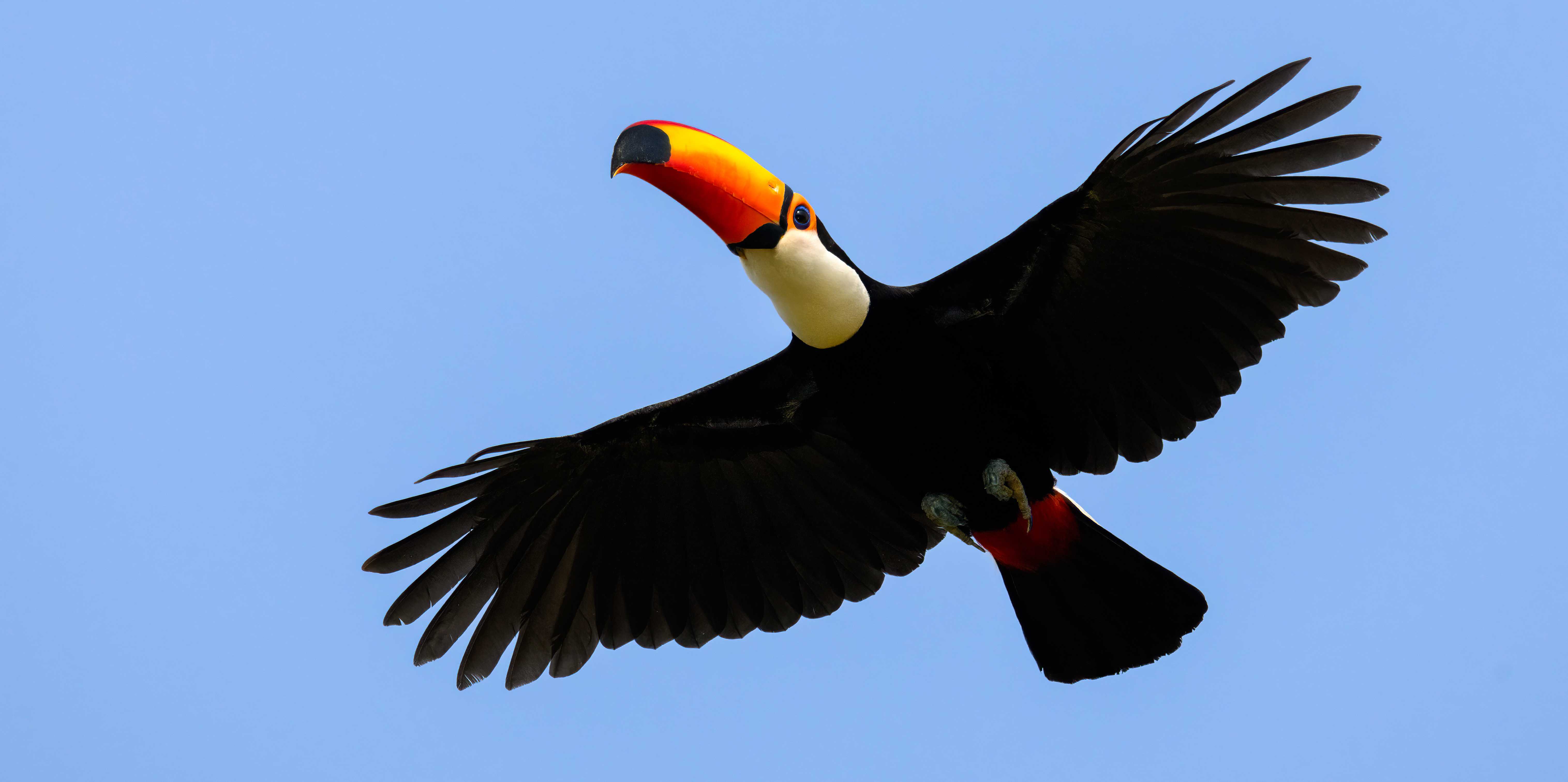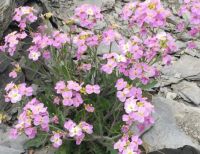The new study, published in the journal Nature Climate Change provides evidence of the important contribution of wild birds (frugivores) in forest regeneration. Researchers compared the carbon storage potential that could be recovered in landscapes with limited fragmentation, with that of highly fragmented landscapes. Their data shows that highly fragmented landscapes restrict the movement of birds, thereby reducing the potential of carbon recovery by up to 38 percent. Across the Atlantic Forest region in Brazil, the researchers found that it is critical to maintain a minimum of 40 percent forest cover. They also find that a distance of 133 metres (approximately 435 feet) or less between forested areas ensures that birds can continue to move throughout the landscape and facilitate ecological recovery.
The study also found that different bird species have different impacts in terms of seed dispersal. Smaller birds disperse more seeds, but they can only spread small seeds from trees with lower carbon storage potential. In contrast, larger birds such as the Toco toucan or the Curl-crested jay disperse the seeds of trees with a higher carbon storage potential. The problem is that the larger birds are less likely to move across highly fragmented landscapes. "This crucial information enables us to pinpoint active restoration efforts - like tree planting - in landscapes falling below this forest cover threshold, where assisted restoration is most urgent and effective." Daisy Dent, a Lead Scientist in the Crowther Lab at ETH Zurich.
Restoring functioning ecosystem services
“Allowing larger frugivores to move freely across forest landscapes is critical for healthy tropical forest recovery,” says Carolina Bello, a post-doctoral researcher in the Crowther Lab and lead author of the study. “This study demonstrates that especially in tropical ecosystems seed dispersal mediated by birds, plays a fundamental role in determining the species that can regenerate.”














